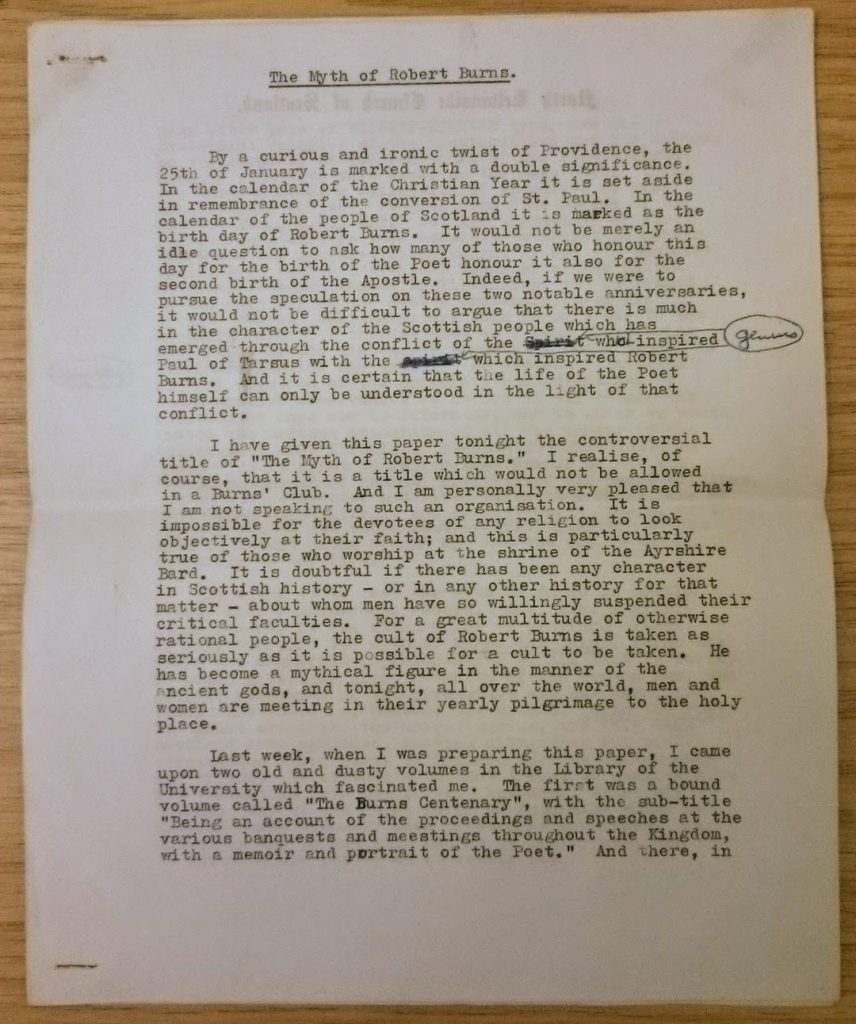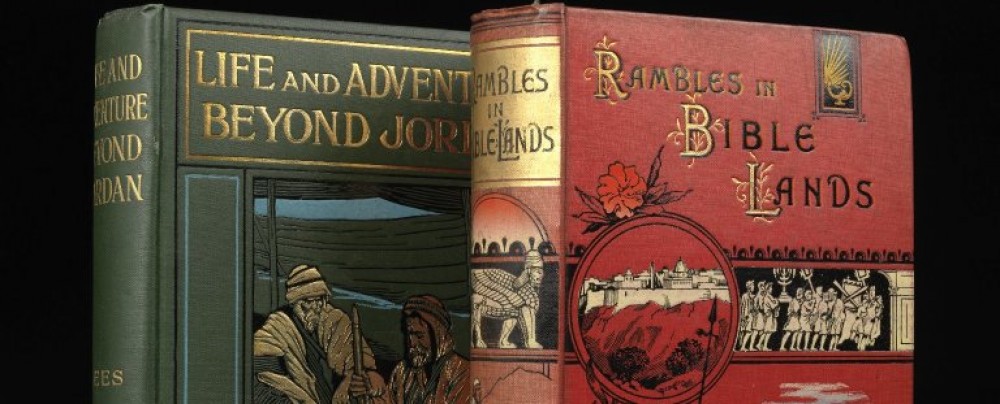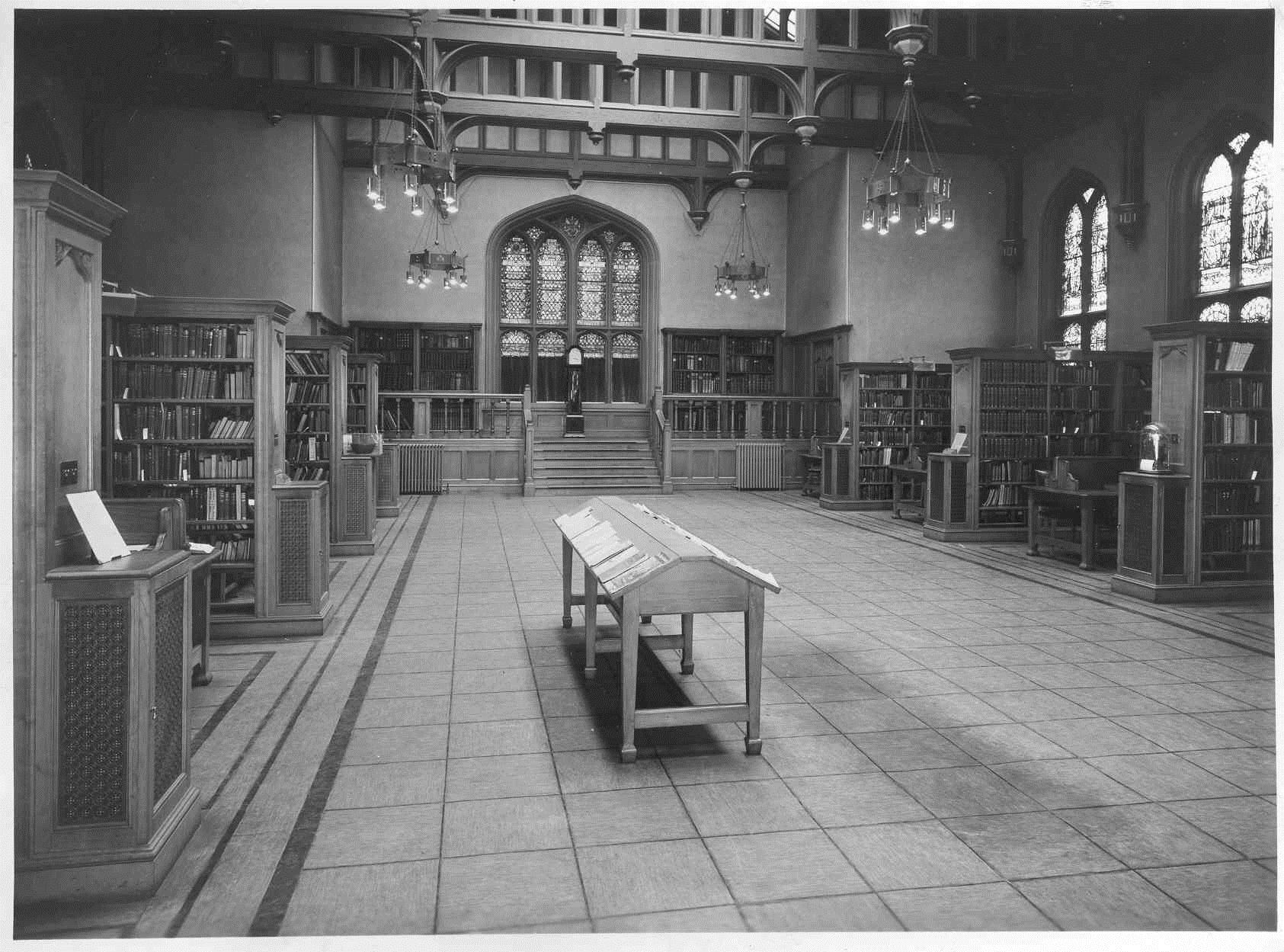It was some months ago that among the many sermons and talks given by Rev Tom Allan (1916-1965), one entitled ‘The Myth of Robert Burns’ caught my eye (ref. AA6.2.18). While the Kirk and Burns were not exactly best pals, there has been many an Ayrshire minister who would definitely subscribe to the term ‘Burnsian’. The question was, with a title such as this, on which side was the Ayrshire born Tom Allan going to stand?
The talk (definitely not a sermon) opens by observing that the 25th of January, Burns Night, is also ‘the day set aside in the remembrance of St Paul.’ As Allan writes,
“Indeed, if we were to pursue the speculation on these two notable anniversaries, it would not be difficult to argue that there is much in the character of the Scottish people which has emerged through the conflict of the genius which inspired Paul of Tarsus with the genius which inspired Robert Burns. And it is certain that the life of the Poet himself can only be understood in the light of that conflict.”
He goes on to state,
“It is doubtful if there has been any character in Scottish History – or in any other history for that matter – about whom men have so willingly suspended their critical faculties. For a great multitude of otherwise rational people, the cult of Robert Burns is taken as seriously as it is possible for a cult to be taken. He has become a mythical figure in the manner of the ancient gods, and tonight, all over the world, men and women are meeting in their yearly pilgrimage to the holy place.”

First page of Rev Tom Allan’s talk ‘The Myth of Robert Burns’ (ref. AA6/2/18).
Allan certainly seems to be taking the Kirk’s tone something which is underlined in his comments on ‘two old and dusty volumes in the Library of the University’ he consulted while preparing his talk. He goes on to state that the myth he intends to examine is that of ‘Burns the Saint’ and ‘Burns the Poet’ because
“I sincerely believe that we are doing Burns an injustice which he himself would probably have treated as a colossal joke unless we try to see this man as he really was, and try to estimate his poetry as it really is.”
As far as ‘Burns the Saint’ goes, the talk deals with the reality of his morality, the manner in which ‘the popular Burns orator… attempts to clothe this very human man in the robes of sainthood’, and the excuses others make for his behaviour: whether it is to blame him as a child of his time, society or indeed the Church for it. He concludes,
“There is little of nobility in the life of Robert Burns: there is much that is tragic. It is not ours to judge him. Neither is it ours to worship him for qualities he never possessed.”
When he turns to examine the myth of ‘Burns the Poet’, Tom Allan observes that Burns’ writing is at its best when in his native Ayrshire dialect. Interestingly, he questions how many people could truly say that they understood every word of even the best-loved poems such as ‘Tam o’ Shanter’. He takes a swipe at some other poems such as the ‘Ode to General Washington’s Birthday’ for being ‘woefully artificial’ and ‘bombastic, insincere and trivial.’ However, it is when Allan draws to the conclusion of his talk that his genial side, for which he was renowned, makes itself known. He states that it is Burns’ satiric verse, his narrative poems and songs which are the best of his compositions, the last of these being described as ‘incomparable’.
“Here in the Songs I could almost submit myself to the myth of Robert Burns. Here at last is sincerity and tenderness and a great compassion and a bewitching sadness and an irresistible appeal.”
He might have been a man of the Kirk but this is certainly not the conclusion of a man agin the National Bard.
The papers of Rev Tom Allan (ref. AA6) are available for consultation in New College Library and the catalogue for the collection can be found here: http://archives.collections.ed.ac.uk/repositories/5/resources/86134
Kirsty M. Stewart, New College Collections Curator
Images of The Myth of Robert Burns by Rev Tom Allan (ref. AA6/2/18) [PDF – 1.3MB]

